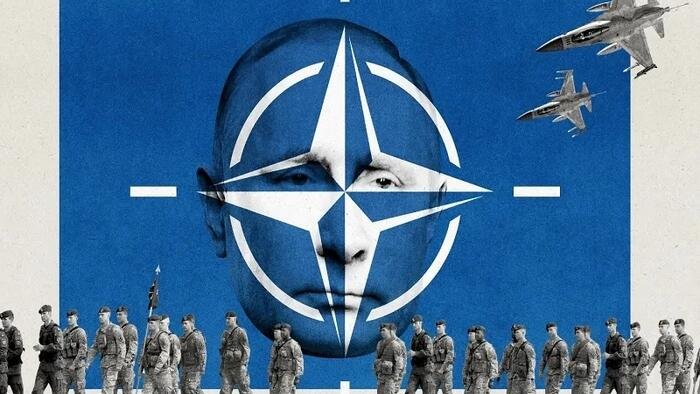Authored by Andrew Korybko via Substack,
This could be prevented if Poland, with NATO’s third-largest army and a new president open to dialogue with Putin for security reasons, resists being manipulated into participating in any provocations or supporting those behind them.
A suspicious Russian drone incident over Poland in early September, Estonia’s claim of Russian jets violating its maritime airspace, and recent Russian drone concerns in Scandinavia have prompted NATO to consider a three-pronged response along its eastern flank according to the Financial Times. This response may involve arming surveillance drones, adjusting rules of engagement for fighter pilots, and conducting NATO exercises near Russia’s border.
The first two actions pose escalation risks as trigger-happy operators could provoke a security crisis by engaging Russian drones or jets. The last action may raise Russia’s threat perception as drills near its border could be viewed as potential aggression.
NATO interference could cause Russian drones to cross the border, as suggested in this analysis. This could provide NATO with a pretext for escalating tensions with Russia, leading to a potentially uncontrollable situation. The Financial Times warns that any shift in actions by NATO may not be publicized, potentially triggering a crisis without prior notice.
Effective communication is crucial to prevent such scenarios, yet Poland has rejected Russia’s proposal to discuss the drone incident and has faced condemnation for its actions by Russian officials. Poland’s ambition to regain its historical Great Power status could reignite tensions with Russia, jeopardizing regional stability.
Poland may deploy NATO’s three-pronged response in Kaliningrad, Belarus, or Ukraine, given its status as NATO’s third-largest military power. However, escalating tensions with Russia could lead to a NATO-Russian conflict, as warned by the Russian Ambassador to France.
President Karol Nawrocki’s decision to decline imposing a no-fly zone over Ukraine post-incident, despite pressure, reflects a cautious approach. The revelation that a NATO missile, not Russia, caused damage in Ukraine underscores potential misinformation tactics to incite conflict.
Amidst pressure from deep state actors, Nawrocki’s willingness to engage in dialogue with Putin for security reasons signals a shift from hawkish policies. By avoiding involvement in potential crises orchestrated by the deep state or Baltic States, Poland could help prevent a NATO-Russian conflict.
Loading recommendations…

